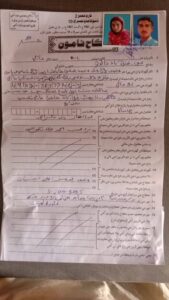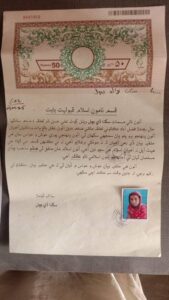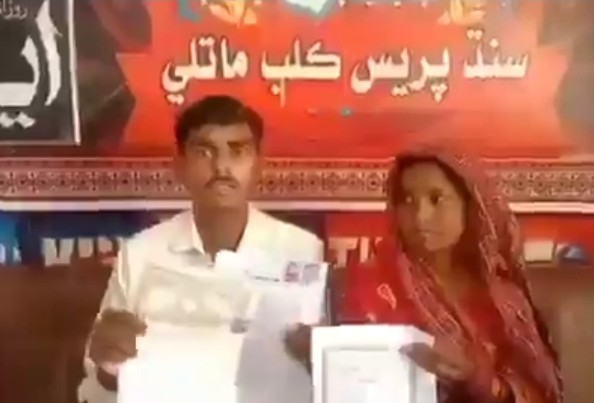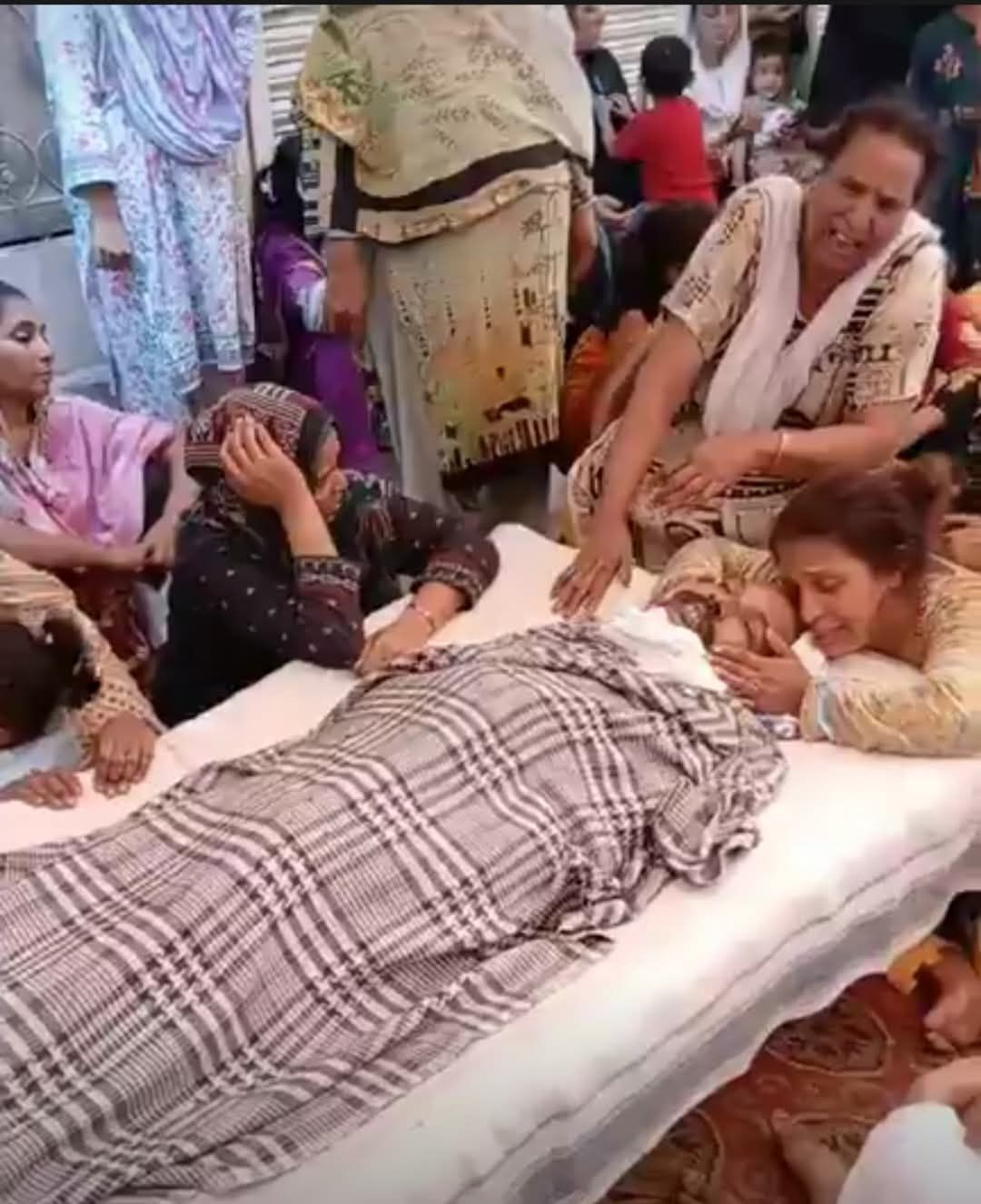Recent Incident Highlights Ongoing Crisis for Religious Minorities in Pakistan
In a deeply troubling development that underscores the persistent vulnerability of religious minorities in Pakistan, a 14-year-old Hindu girl, Sungna Bheel, was reportedly abducted from Mirpurkhas, Sindh on June 3rd, 2025. According to reports, she was subsequently subjected to rape, forcibly converted to Islam, and married to Bilal Khanzada at the Madrasa ‘Bait al Salam’ in Badin. In what appears to be a familiar pattern in such cases, her age was allegedly falsified to show her as 18 years old, and she was given the Islamic name Aisha.
A Pattern of Persecution
This incident is not isolated but reflects a broader crisis facing religious minorities in Pakistan. Statistics reveal a deeply concerning trend: approximately 1,000 young Hindu girls from Sindh, between the ages of 12 and 28, are abducted and forcibly converted to Islam each year
Legal Framework and Implementation Gaps
While Pakistan’s constitution theoretically provides protections for religious minorities through Articles 20 and 25, which guarantee freedom of religion and equality before the law
– the implementation of these protections remains weak. The country has also ratified international treaties such as the International Covenant on Civil and Political Rights (ICCPR) and the Convention on the Rights of the Child (CRC), which mandate a minimum marriage age of 18 and require full consent for marriages
– This legislative gap, combined with weak enforcement of existing laws, creates an environment where perpetrators often act with impunity.
Institutional Challenges
The practice of forced conversions is frequently enabled by a complex network involving wealthy landlords, extremist religious organizations, and weak local courts
Advocacy and Response
Several organizations are working tirelessly to address this crisis:
- The Human Rights Network of Pakistan (HRNP) actively works to record and address minority rights violations, particularly focusing on forced marriages and conversions .
- Minority Rights Group International (MRG) has implemented programs to build the capacity of local civil society and support activists in advocating for their communities
- Human Rights Focus Pakistan (HRFP) conducts awareness campaigns and lobbying initiatives to combat discrimination against minorities
Call for Action
This latest incident involving Sungna Bheel serves as a stark reminder of the urgent need for:
- Comprehensive legislation specifically addressing forced conversions
- Stronger enforcement of existing laws protecting minorities
- Reform of local law enforcement practices
- Greater international attention to the plight of religious minorities in Pakistan
Conclusion
The case of Sungna Bheel is not merely a statistic but a human tragedy that reflects the broader crisis facing religious minorities in Pakistan. Until robust legal protections are implemented and enforced, and until there is a fundamental shift in societal attitudes, religious minorities will continue to face these grave human rights violations. The international community and Pakistani authorities must take immediate action to protect vulnerable minority communities and ensure justice for victims of forced conversions and marriages.



For more updates and detailed coverage of this case and other issues affecting the Hindu and Sindhi communities in Sindh, Pakistan, stay tuned to Sindh Renaissance.






